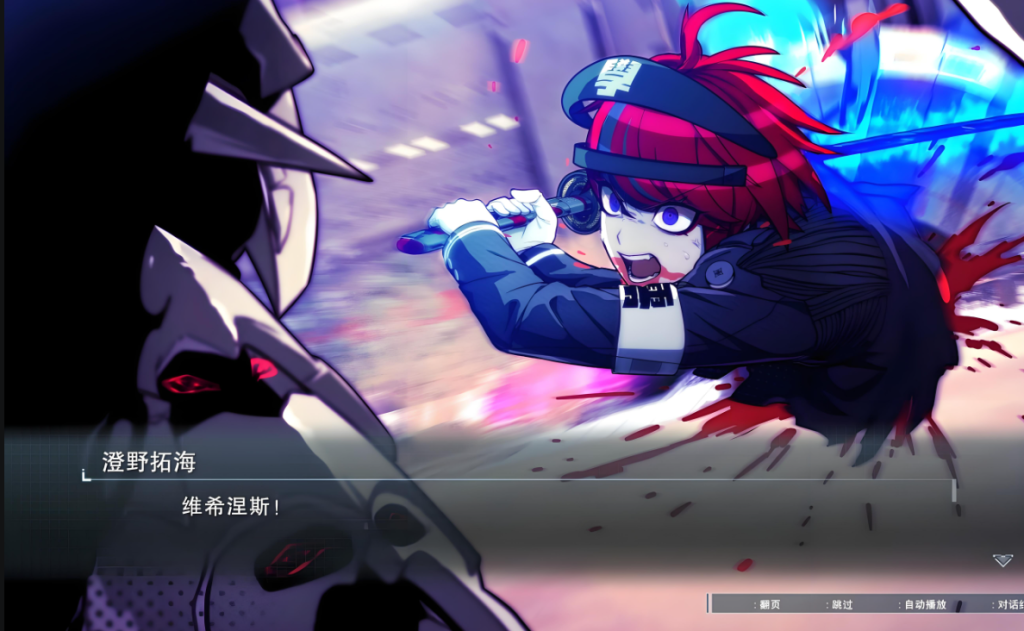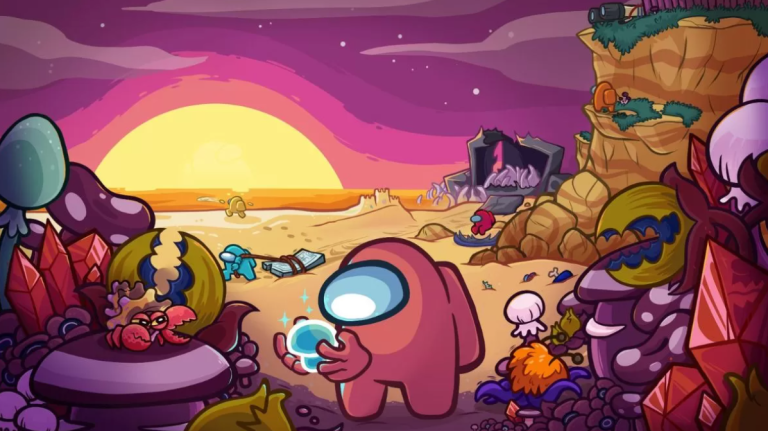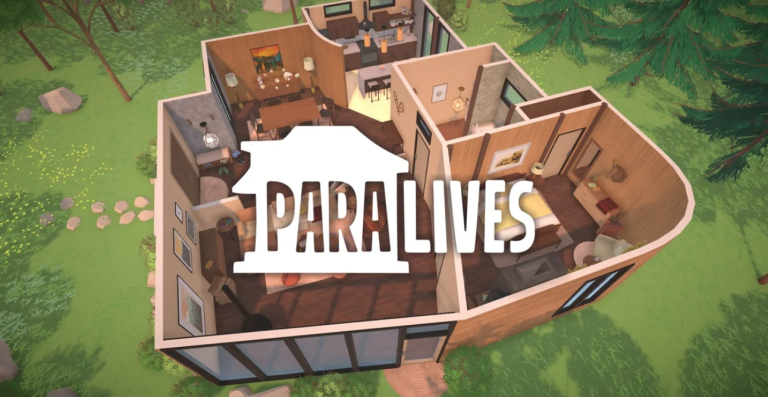
When a game studio bets everything on a single title, it’s a gamble—sometimes reckless, sometimes admirable. In 2025, The Hundred Line: Last Defense Academy became not just an unexpected critical success, but quite possibly the reason Too Kyo Games is still in business.
At first glance, the game’s success may seem surprising, but behind it lies five grueling years of development, financial risk, and creative collaboration. For many players, The Hundred Line is both familiar and new: familiar in its storytelling style, reminiscent of Danganronpa and Zero Escape, and new in its sheer ambition and scale. From its structure to its 100 unique endings, the game boldly challenges the limits of genre and narrative in ways few others dare to.
Too Kyo Games was founded in 2017 by two visionaries: Kazutaka Kodaka and Kotaro Uchikoshi. Both were already well-known for their work at Spike Chunsoft, but left in hopes of creating something entirely their own. As with many indie ventures, the road ahead wasn’t easy. The Hundred Line became their most ambitious project to date, but it also threatened to be their last.

The game’s development was a mammoth undertaking for the small team. Balancing a visual novel structure with tactical RPG combat, plus a wildly branching storyline with over 100 possible outcomes—each penned by different writers—was no small feat. To complete the project, the studio had to take on debt and make some serious financial gambles.
Kodaka admitted in an interview with Bloomberg that the studio’s very survival hinged on the game’s success. “We were at the edge. If this game didn’t succeed, Too Kyo Games could’ve gone under,” he said. But now, things are finally turning around. Sales have been encouraging, and Kodaka no longer sees bankruptcy as a looming threat.
In fact, he has big plans to extend the game’s lifespan. Kodaka envisions The Hundred Line becoming the “open world of story-driven games,” updating it with new routes and scenarios like a live-service title. Think Cyberpunk 2077 or GTA Online, but for narrative lovers.
At its core, The Hundred Line begins with a relatively standard visual novel setup: a group of high school students must defend their academy for 100 days against alien invaders, who are after a mysterious weapon said to be the key to humanity’s survival. But after this initial setup, the game takes a dramatic turn. The narrative splinters into multiple timelines, each with its own genre, tone, and consequences.
Some of these routes are wildly experimental. British game critic Emily Dawson described one path as “a philosophical deep dive into free will and fate, something I absolutely did not expect from what initially felt like a school-based sci-fi adventure.”
The diversity of storylines is one of the game’s strengths. Certain endings feel like traditional climaxes, while others veer into bleak, even surreal territory. The tone shifts—from psychological horror to dark comedy to cosmic mystery—make each route feel like a unique experience. In this way, The Hundred Line captures the spirit of both Danganronpa’s intense character dynamics and Zero Escape’s mind-bending narrative puzzles.
Players are already hooked. Jack Coleman, a Brooklyn-based gamer, shared, “I just wanted something story-heavy to kill time. Three weeks later, I’m still playing. It’s like an interactive Netflix show that never ends.”
Kodaka’s dream is to keep expanding this universe with new writers and new stories, turning the game into a long-running narrative platform. “I don’t want this to be just another game that’s forgotten,” he says. “I want it to be a living, breathing world of story.”
And now, for the first time in years, that dream doesn’t feel so far-fetched.

In a time when AAA studios dominate the charts and bite-sized games flood the app stores, The Hundred Line stands out. It’s a reminder that games can still be deeply ambitious, emotionally resonant, and creatively fearless. More than just a piece of entertainment, it’s a statement of survival—a story not only told through the game itself, but through the people who made it.
And as long as Too Kyo Games continues to chart bold new paths through its ever-branching timelines, players will be more than willing to follow.
![]()


